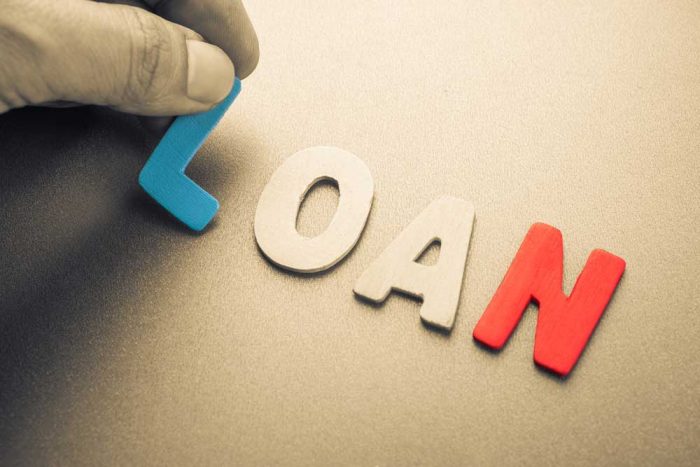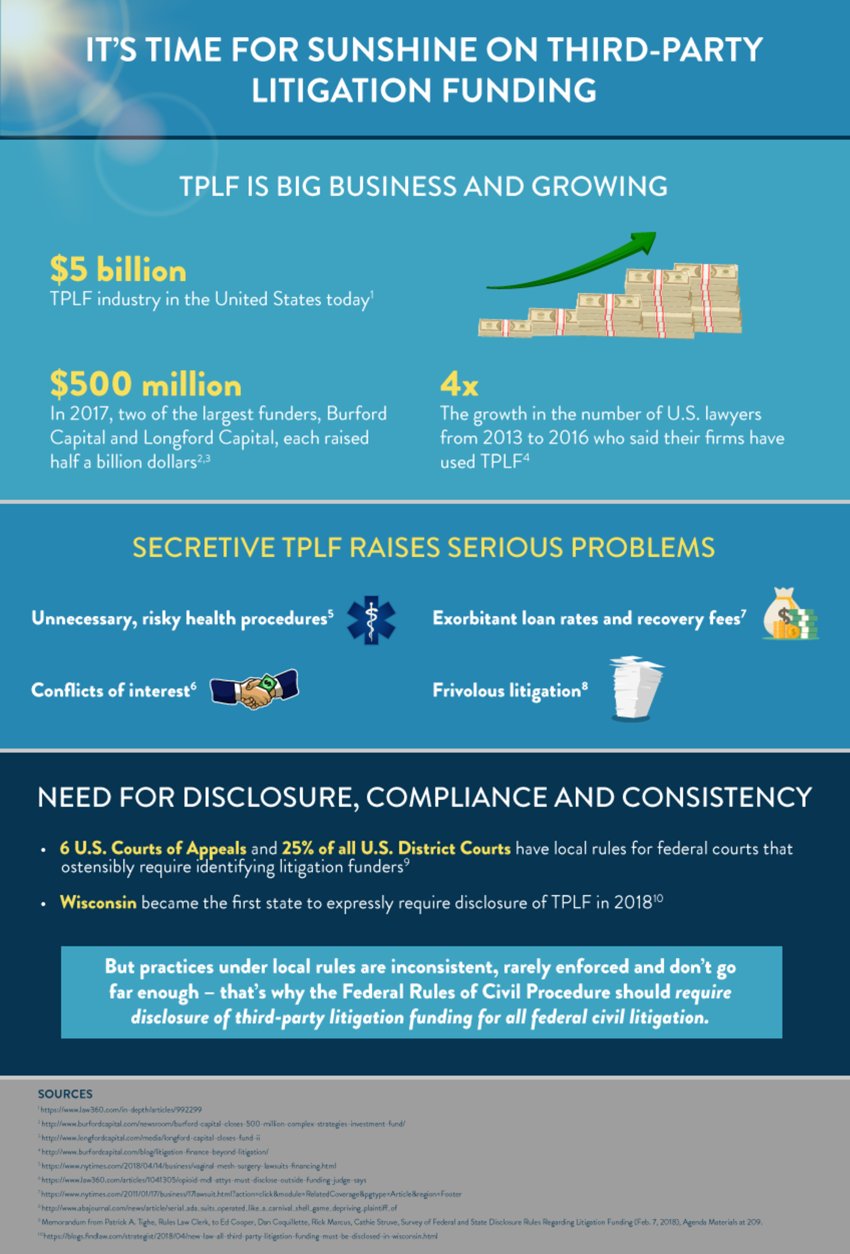
Litigation Loans are Rarely in the Client’s Best Interests
There are companies that specialize in litigation loans where they lend money to a personal injury plaintiff in litigation. To plaintiffs, who usually suffer a loss of income as a result of their injury, a litigation loan can be tempting. They promise money right away and the loan does not have to be paid back if the case is ultimately unsuccessful.
Litigation loans seem too good to be true because they are too good to be true. So it shouldn’t be a surprise that there’s a catch. Why would anyone loan money to someone and agree that, under certain circumstances, the loan does not have to be repaid? Because more often than not, the plaintiff recovers something and if they do, the loan has to be paid back at exorbitant interest rates.
In fact, it would be illegal for a normal lender to charge the interest rates that litigation lenders charge. Litigation lenders can do it because the loan cannot be enforced if the plaintiff recovers nothing. This allegedly makes these loans “risky” for the lender. However, plaintiffs in litigation usually recover, maybe not the amount they wanted, but they recover something. So these loans don’t seem any riskier than an ordinary loan.
However, when the plaintiff does recover and the litigation loan has to be repaid, in our experience, they always regret taking the loan in the first place. For example, a plaintiff may have borrowed $1,000 at the start of litigation and one year later the case concludes with a settlement at mediation. In that short time, with interest, the payoff for the litigation loan might be as much as $3,000.
“Personal-injury trial lawyers funnel a steady stream of desperate, cash-strapped consumers to lenders, who bank on a guaranteed payout at the end of a lawsuit. Not only does this practice raise conflict-of-interest questions, it’s done in a way that encourages exploitation.” See Rob Ortt, It’s time for New York to crack down on the lawsuit-loan Wild West, N.Y. Post, Apr. 6, 2018.
Often plaintiffs in personal injury cases are desperate due to a loss of income. Maybe, if there were some emergency and absolutely no other options, a litigation loan would be okay but this usually isn’t the case. Literally, any other way to get money would be better, borrowing from families or friends, getting a traditional loan, working it out with creditors, maxing out credit cards, etc. In some instances, it might even be better to default on certain bills than to get a litigation loan.
Litigation loans place the plaintiff’s attorney in a difficult position. An attorney’s most basic function is to act in the best interests of the client. However, it is almost always not in the best interests of the client to get a litigation loan. It would be difficult for a plaintiff’s attorney to endorse any litigation loan company because their lending practices are as close usury as you can get without technically violating the law.
Ultimately, it is the client’s decision whether or not to take a litigation loan. However, taking one significantly affects the plaintiff’s case because it makes it more difficult to settle. The defendant might make a decent settlement offer but it can’t be accepted because repaying the litigation loan would eat up most of the settlement leaving the plaintiff with very little. As a result, plaintiffs can be forced to go all the way to trial on cases that could have settled, delaying recovery, while more interest accrues on the litigation loan.

Florida Appellate Court Suggests Need for Regulation of Litigation Loans
In a recent decision from Florida’s Second District Court of Appeal, Fausone v. U.S. Claims, Inc., 915 So. 2d 626 (Fla. 2d DCA 2005), the Court expressed its concern with litigation loans and suggested the Florida legislature should look into regulating the industry.
“Ms. Fausone began selling interests in her lawsuits to organizations that buy such interests. These transactions are often referred to as ‘litigation loans,’ but the law does not regard them as loans because the corporation that gives money to the plaintiff has no right to recover from the plaintiff in the event that the lawsuit is unsuccessful.” Fausone, 915 So. 2d at 627.
“A search for ‘litigation loan’ on the internet will rapidly produce the websites of various organizations willing to buy a portion of a plaintiff’s claim.” Fausone, 915 So. 2d at 627 n.1. “The literature also uses the terms ‘litigation finance,’ ‘injury funds,’ ‘cash advance settlements,’ ‘advance settlement funding,’ ‘lawyer funding,’ or ‘pre-settlement advance’ to describe these transactions.” Id.
“A person who suffers a severe personal injury will often need money to care for herself and her family during the pendency of litigation.” Fausone, 915 So. 2d at 630. “Lawsuits take time and come with few guarantees.” Id. “Grocery stores and home mortgage lenders do not wait for payment merely because a person is unable to work due to an automobile accident or other injury.” Id. “Thus, it cannot be denied that people like Ms. Fausone may need a credit source during litigation.” Id.
“On the other hand, a person who is the victim of an accident should not be further victimized by loan companies charging interest rates that are higher than the risks associated with the transaction.” Fausone, 915 So. 2d at 630. “We emphasize that the record does not reflect the value of Ms. Fausone’s claim when U.S. Claims negotiated with her, but a company that only loaned money when it was secured by high-grade personal injury claims would seem to be able to charge a lower interest rate than some of the rates described in this opinion, even when the arrangement is a nonrecourse loan.” Id.
“The purchase agreement in this case is one-sided and designed to prevent a Florida citizen from having access to a local court or another local dispute resolution forum.” Fausone, 915 So. 2d at 630. “Such agreements create confusion concerning the party who actually owns and controls the lawsuit, and create risks that the attorney-client privilege will be waived unintentionally.” Id.
“This court has no authority to regulate these agreements.” Fausone, 915 So. 2d at 630. “However, if The Florida Bar is going to allow lawyers to promote and provide such agreements to their clients, it would seem that the legislature might wish to examine this industry to determine whether Florida’s citizens are in need of any statutory protection.” Id. (emphasis added).

Comments Left by Attorneys in Reddit Thread on Litigation Loans
The following comments, reprinted here with grammatical corrections, were left in a Reddit forum for attorneys. The thread sought attorneys’ comments on their experiences with litigation loans.
- “At the end of the [case,] claimants are always upset because [the] interest rates are huge …. Huge headache.”
- “Awful. They are predatory as fuck and only serve themselves. The interest rates are god[-]awful and basically fuck over the client in every way possible. I almost always refuse[] to give them [my approval] … because they [a]re that terrible. $500 would run a client $1500 by the time settlement happen[s].”
- “We strongly discourage people from getting them due to the high interest rates. People are really desperate we only use one place we trust with funding. It most certainly does not add value we never bring it up with clients, when we discuss them if they approach us about it.”
- “My experience is not a good. Typically the interest rates are very high. The problem? You get a decent offer but the client has spent the money 10 times over … mak[ing] a settlement offer unattractive. You’re no[w] forced to try a case that could settle causing more delay, more interest, etc.”
Infograph About Litigation Loans a/k/a Third Party Litigation Funding (“TPLF”)


